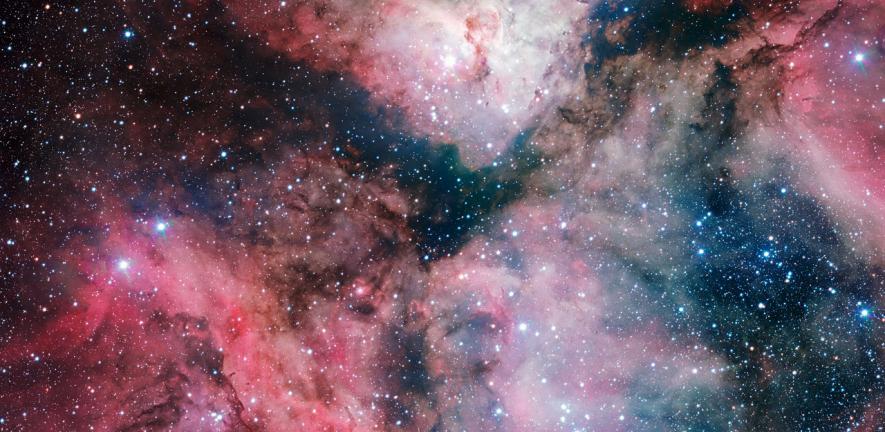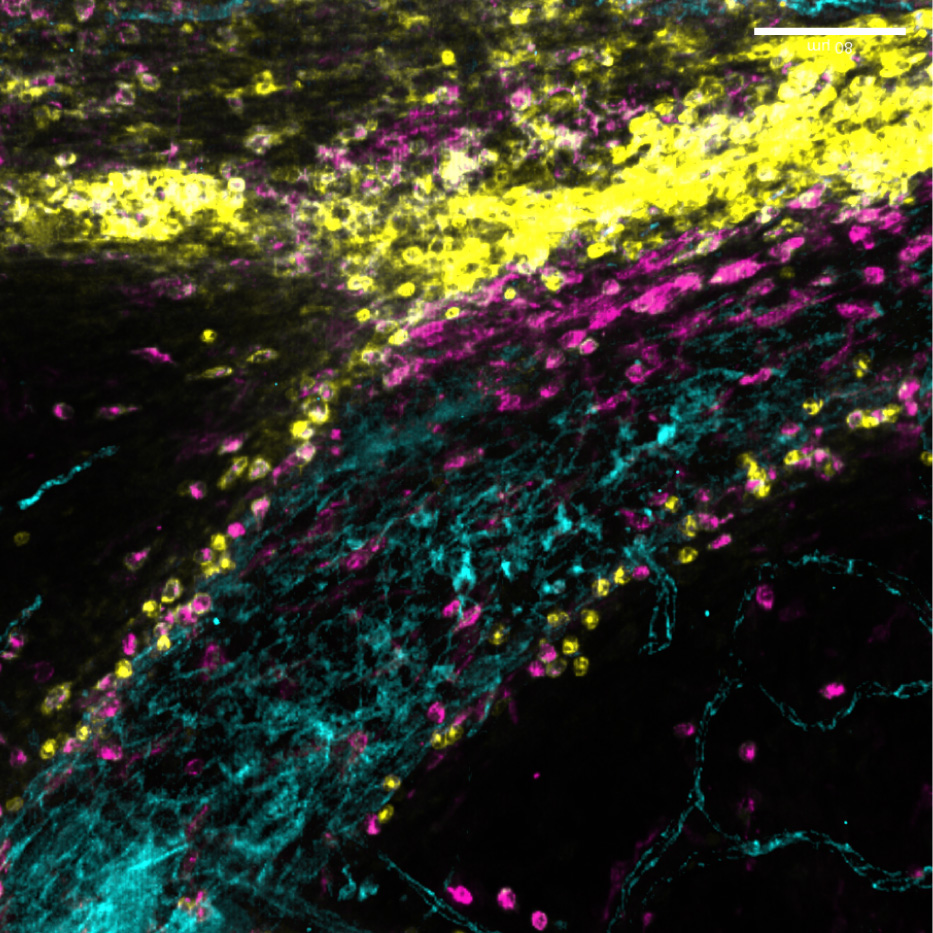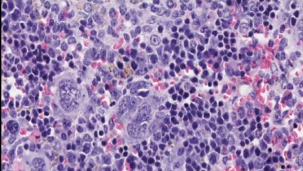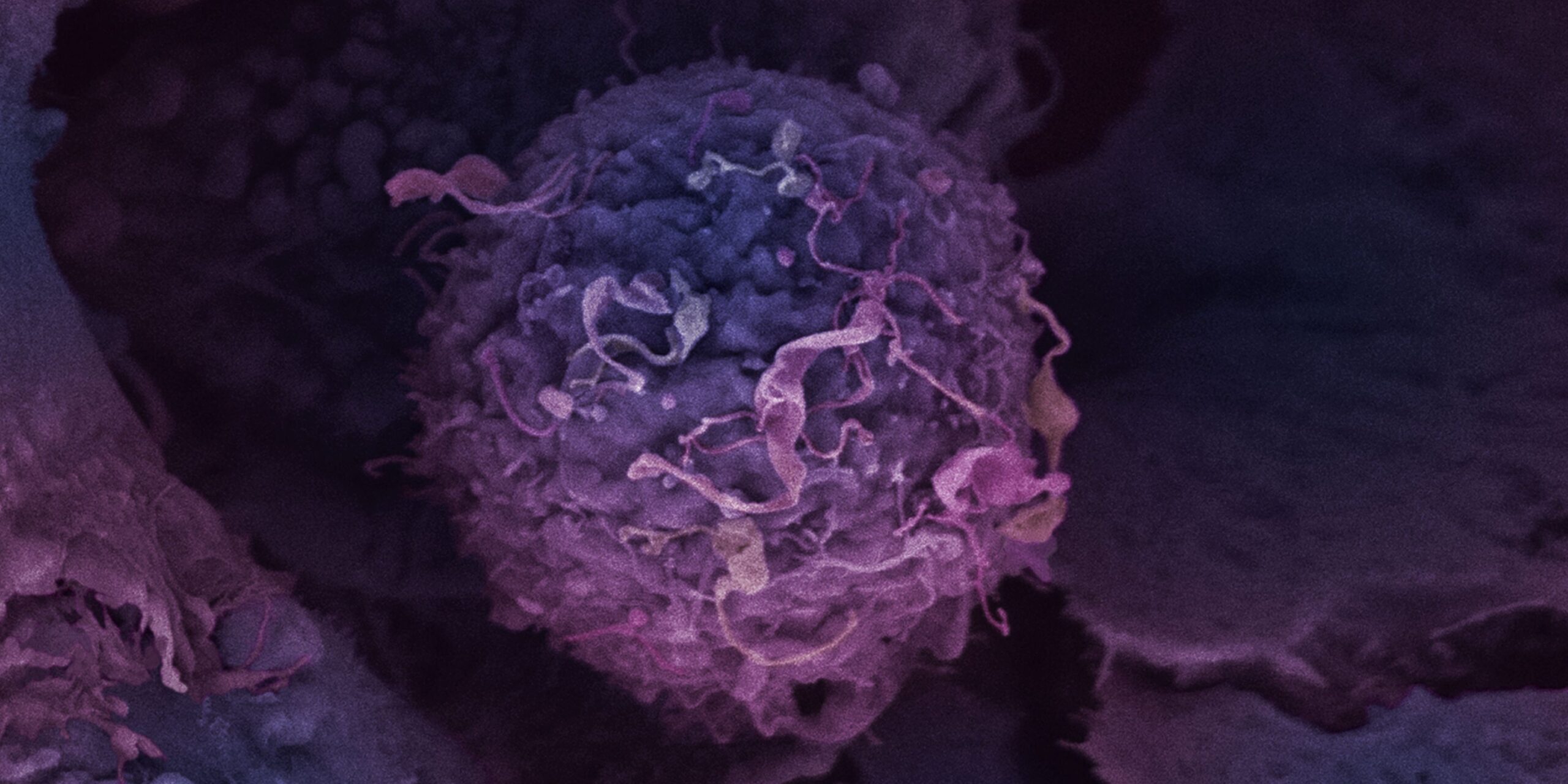Cancer researchers and astronomers team up to beat cancer

Cambridge scientists have honed techniques originally developed to spot distant galaxies and used them to identify biomarkers that signal a cancer’s aggressiveness.
Cambridge scientists have honed techniques originally developed to spot distant galaxies and used them to identify biomarkers that signal a cancer’s aggressiveness among some 2,000 breast tumours, in a study published in the British Journal of Cancer today, 20 February. The findings mean that the age-old practice of pathologists looking down the microscope to spot key differences in the staining of tumour samples could one day become a thing of the past.
To develop this new automated approach the researchers, from the Cancer Research UK Cambridge Institute, the Department of Oncology and the Institute of Astronomy at the University of Cambridge, adapted techniques used by astronomers to automatically pick out indistinct objects in the night sky.
They applied these to immunohistochemistry (IHC), which relies on pathologists being able to distinguish subtle differences in the staining of tumour cells down the microscope, depending on the specific proteins they express.
To road test the new approach they used it to measure the levels of three different proteins linked to more aggressive cancers, across tumour samples from more than 2,000 breast cancer patients.
They compared the accuracy of manually scoring these results, by observing the staining of the tumour samples down the microscope, versus relying on a computer to do this automatically. This showed that the new automated system was at least as accurate as the manual one, whilst at the same time being many times faster.
Study lead author Dr Raza Ali, a pathology fellow from Cancer Research UK Cambridge Institute at the University of Cambridge, said: “We’ve exploited the natural overlap between the techniques astronomers use to analyse deep sky images from the largest telescopes and the need to pinpoint subtle differences in the staining of tumour samples down the microscope.
“The results have been even better than we’d hoped, with our new automated approach performing with accuracy comparable to the time-consuming task of scoring images manually, after only relatively minor adjustments to the formula. We’re now planning a larger international study involving samples from more than 20,000 breast cancer patients to further refine our strategy.”
Senior author Professor Carlos Caldas, also from Cancer Research UK’s Cambridge Institute at the University of Cambridge, added: “Modern techniques are giving us some of the first insights into the key genes and proteins important in predicting the success or failure of different cancer treatments. But before these can be applied in the clinic, their usefulness needs to be verified in hundreds or sometimes thousands of tumour samples. Already this new automated approach means we can now analyse up to 4,000 images a day, helping streamline the process of translating these discoveries into the clinic.”
Dr Nicholas Walton, from Cambridge University’s Institute of Astronomy, said: “It’s great that our image analysis software, which was originally developed to help track down planets harbouring life outside of our Solar system, is now also being used to help improve the outlook for cancer patients, much closer to home.”
Dr Julie Sharp, senior science information manager at Cancer Research UK, said: “This unlikely collaboration between astronomers and cancer researchers is a prime example of how, by working together, scientists from different disciplines can bring about innovative new solutions for beating cancer.”
Related News
See all news-

New immune pathway offers treatment hope for childhood brain tumours
3rd February 2026
A newly discovered immune pathway could lead to gentler treatments for multiple childhood brain cancers, according to new research from our Gilbertson Group published today in Nature Genetics.
Find out more -

Targeting paused cells could improve chemotherapy for lung and ovarian cancers
3rd February 2026
New research published today in Nature Aging by scientists at the University of Cambridge sheds light on why some lung and ovarian cancers stop responding to chemotherapy, and how this resistance might one day be prevented.
Find out more -

Hot flush treatment has anti-breast cancer activity, study finds
5th January 2026
A drug mimicking the hormone progesterone has anti-cancer activity when used together with conventional anti-oestrogen treatment for women with breast cancer, a new Cambridge-led trial has found.
Find out more